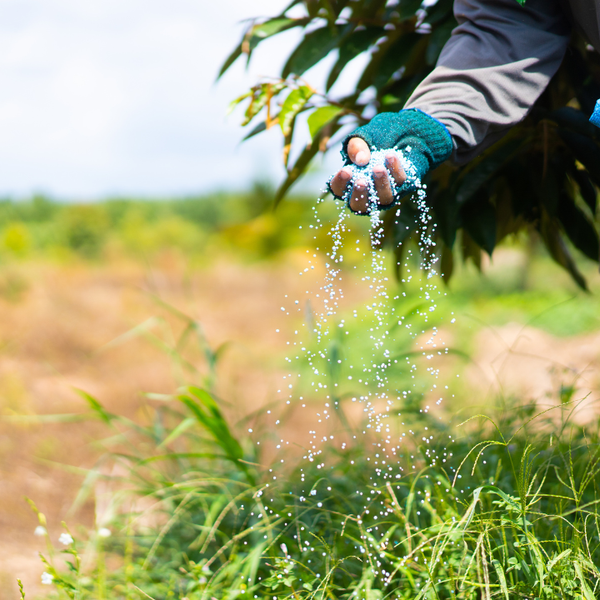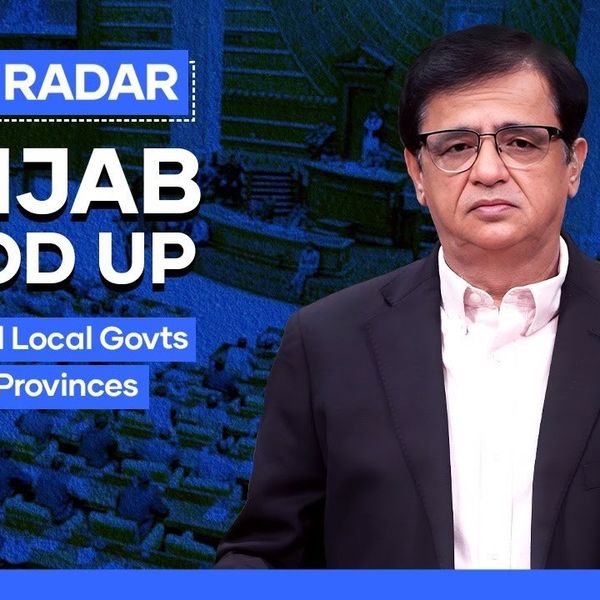PM Shehbaz marks one year in power, but economic goals remain unmet
Kamran Khan says Shehbaz Sharif’s economic celebration is premature, with 12 key targets still unmet
News Desk
The News Desk provides timely and factual coverage of national and international events, with an emphasis on accuracy and clarity.
Prime Minister Shehbaz Sharif celebrated his government’s first year in power, touting economic improvements and claiming the country was back on its feet.
But senior journalist Kamran Khan says the celebration is premature, as key economic targets remain unmet.
On the one-year anniversary of the February 8, 2024, general elections, the ruling Pakistan Muslim League-Nawaz (PML-N) launched a campaign called “Day of Stability and Development.”
The government published full-page newspaper ads highlighting economic indicators and organized a special event where Shehbaz spoke optimistically about Pakistan’s financial trajectory.
“Pakistan’s economy is stabilizing, inflation has come down, and our positive indicators show progress,” Shehbaz said.
However, Kamran Khan countered this narrative in his latest vlog, stating that while inflation and interest rates have improved, the economy still faces serious challenges. He identified at least 12 key areas where the government failed to meet its own targets.
Unmet economic targets
Among the missed targets, Khan highlighted the failure to achieve 3.5% GDP growth, as the economy expanded by only 0.9% in the first six months of the fiscal year.
Tax revenue targets also fell short, with a PKR 468 billion shortfall from July 2024 to January 2025. Experts predict the gap could reach PKR 1 trillion by the end of the fiscal year.
Another major setback is the stalled privatization of state-owned enterprises (SOEs). Pakistan International Airlines (PIA) remains a burden on the economy, with losses reaching PKR 830 billion. An auction to sell PIA failed when bids fell drastically short of the PKR 85 billion reserve price.
Similarly, the privatization of power distribution companies (Discos) has not materialized, despite accumulating losses of PKR 660 billion last year.
CPEC and investment setbacks
Khan also pointed to the slow progress on the China-Pakistan Economic Corridor (CPEC). The second phase, which was expected to attract Chinese investment, has seen little movement.
Nine Special Economic Zones were planned, but even after nine years, only two have made progress. Security concerns for Chinese nationals in Pakistan remain a major hurdle.
Agriculture reforms under the Special Investment Facilitation Council (SIFC) were supposed to trigger a “Green Revolution,” but the sector is struggling.
Cotton production has dropped 30%, leading to increased imports. The planned agricultural tax, set to be implemented in January 2025, has also yet to take effect.
Interest rates and IMF demands
While inflation has dropped below 5%—and even 2.4% in January—the interest rate remains at 12%, more than double the inflation rate. Khan argues that the government’s failure to lower interest rates undermines business growth and investor confidence.
The International Monetary Fund (IMF) has also expressed dissatisfaction with Pakistan’s economic reforms. A mission that visited in November 2024 flagged delays in tax enforcement, energy sector restructuring, and SOE privatization.
Too early to celebrate?
Despite Shehbaz’s upbeat speech, Kamran Khan believes the government is painting an incomplete picture. While acknowledging some economic gains, he warns that without deeper reforms and investment inflows, Pakistan’s recovery remains fragile.
“The prime minister says ‘all is well,’ but economic bleeding continues,” Khan said. “It’s too early to celebrate.”











Comments
See what people are discussing